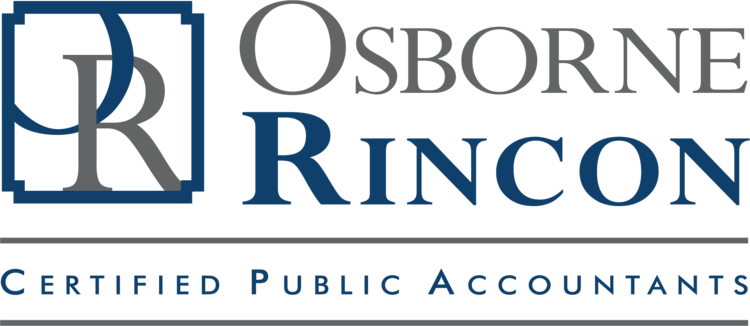By: Samantha Lopez, Accountant
It’s a five-letter word that can send chills down your spine: audit. But an audit doesn’t have to be a disaster that derails your business. Understanding why and when sales tax audits happen – and what to expect when they do – is the best way to weather the storm when your company is chosen.
Today more than ever, audits are a very real possibility for most California businesses. With the increasing pressure to close budget gaps, many state revenue departments are increasing the number and scope of audits performed on taxpayers.
If you have been selected for a sales tax audit, you’ll likely find out through a letter that explains the terms of the audit, requests a call or a meeting, and includes a preliminary list of requested documents.
In most sales tax audits, the auditor is looking for two issues: taxable sales that were not properly taxed, and taxable purchases that were not taxed. Here are three tips for making it through the process in one piece.
- Submit Thorough Documentation
Providing clear and complete information is of primary importance. Ledgers that the auditor might want to review include: Accounts Payable, Accounts Receivable, General Ledger, and Federal Income Tax Returns. That list may be expanded depending on the nature of your business. For example, restaurants have different sales tax issues than contractors, and manufacturers have different issues than software companies. - Hire A Professional
Navigating the rules, regulations, and mountains of paperwork that come with any audit is no easy task. Hiring a tax professional could make all the difference. A good tax professional will work alongside the auditor to oversee each stage of the audit, addressing issues as they arise, preparing presentations, filing documents on your behalf, and dealing with every step of the appeals process. If you can trust that you are in the hands of an experienced professional, much of the stress of a sales tax audit can be relieved. - Plan For Future Audits
Whatever the outcome, the next step is to do everything you can to avoid – or simplify – any future audits.
Osborne Rincon CPAs has helped hundreds of businesses successfully navigate and mitigate the audit process. Give us a call to find out how you can design and implement procedures that will keep you on the good side of the BOE.
